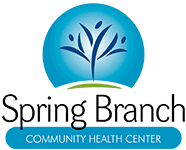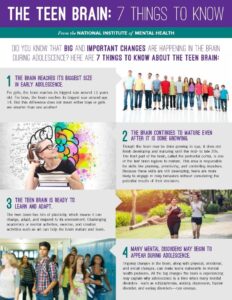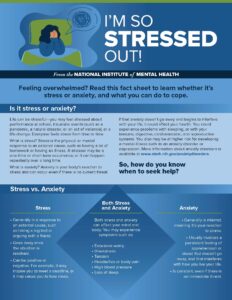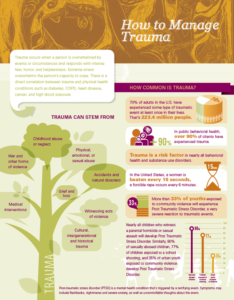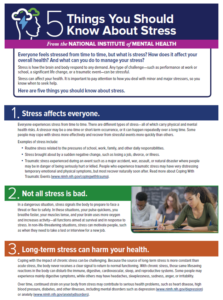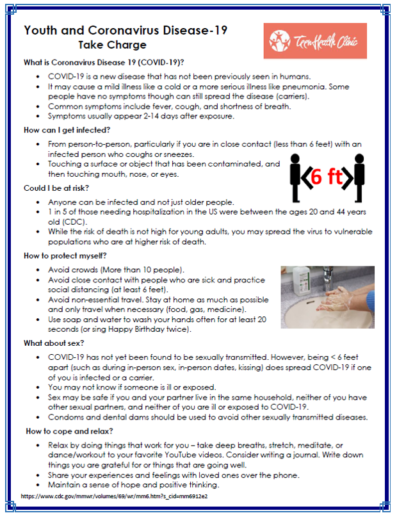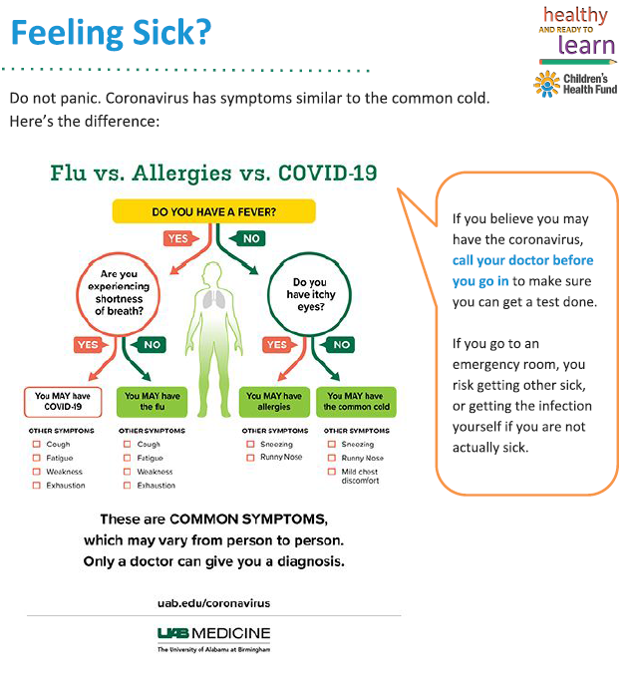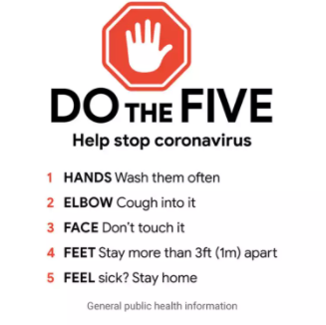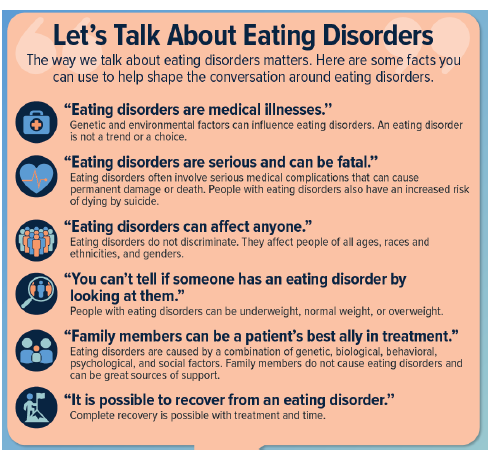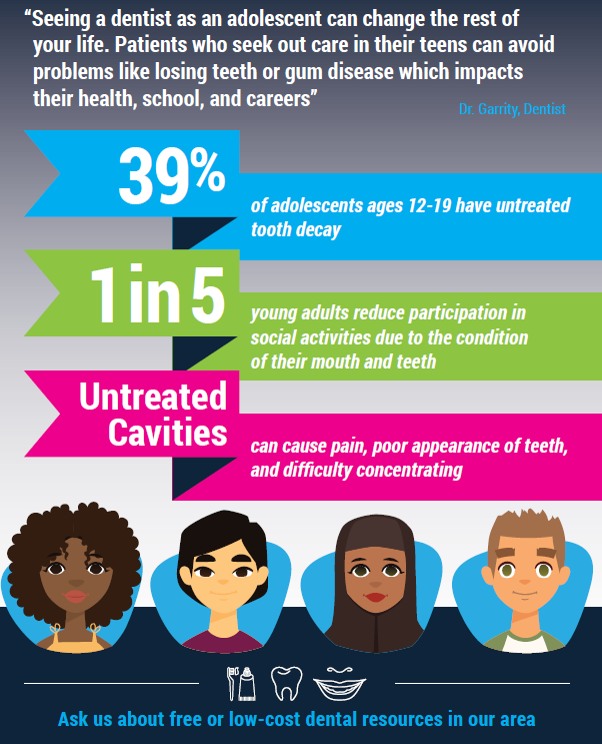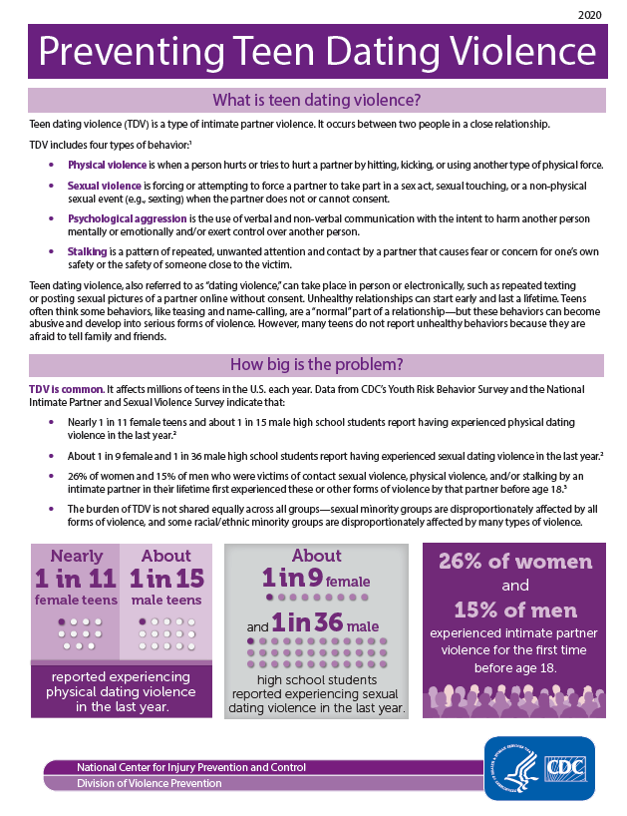A Health Center for YOU[th]
At SBCHC, we are committed to keeping all members of our community healthy – and this includes teens like you. You will find information here about how you can take care of your health as you continue to grow and change, and how you can take an active role in your own medical care as you become an adult and take responsibility for your health and wellness.
Take Our Survey
- Have you visited us? Help us improve our clinics for Houston teens.
Join Our Team!
- SBCHC has a place for youth to make a difference! Join our Community Engagement Team’s Youth Advisory Council.
- Build your volunteer resume and help our community health centers operate better for teenagers in your area!
Adolescent Brain Development
Our Youth-Friendly Locations
More Information
Depression
Anxiety
- National Institutes of Mental Health: When Anxiety Gets Out of Control
- National Institutes of Mental Health: Panic Disorder: When Fear Overwhelms
Reach Out!
You can call 1-800-273-TALK (8255), the toll-free number for the National Suicide Prevention Lifeline (NSPL), which is available 24 hours a day, every day. The service is available to everyone. All calls are free and confidential. You can also chat with the NSPL online.
The Crisis Text Line is another free, confidential resource available 24 hours a day, seven days a week. Text “HOME” to 741741 and a trained crisis counselor will respond to you with support and information via text message. Visit https://www.crisistextline.org.
Teens and Stress
Feeling overwhelmed? Read this fact sheet to learn whether it’s stress or anxiety, and what you can do to cope.
Is it stress or anxiety?
Life can be stressful—you may feel stressed about performance at school, traumatic events (such as a pandemic, a natural disaster, or an act of violence), or a life change. Everyone feels stress from time to time.
- What is stress? Stress is the physical or mental response to an external cause, such as having a lot of homework or having an illness. A stressor may be a one-time or short-term occurrence, or it can happen repeatedly over a long time.
- What is anxiety? Anxiety is your body’s reaction to stress and can occur even if there is no current threat.
Managing Trauma
How to Manage Trauma
Trauma occurs when a person is overwhelmed by events or circumstances and responds with intense fear, horror, and helplessness.
Extreme stress overwhelms the person’s capacity to cope. There is a direct correlation between trauma and physical health conditions such as diabetes, COPD, heart disease, cancer, and high blood pressure.
5 Things You Should Know About Stress
From the NATIONAL INSTITUTE of MENTAL HEALTH
Everyone feels stressed from time to time, but what is stress? How does it affect your overall health? And what can you do to manage your stress?
- Stress is how the brain and body respond to any demand. Any type of challenge—such as performance at work or school, a significant life change, or a traumatic event—can be stressful.
- Stress can affect your health. It is important to pay attention to how you deal with minor and major stressors, so you know when to seek help.
Here are five things you should know about stress.
Teens and COVID-19
Eating Disorders and Dental Health
Preventing Teen Dating Violence
What is teen dating violence?
Teen dating violence, also called, “dating violence,” is an adverse childhood experience that affects millions of young people in the United States. Dating violence can take place in person, online, or through technology. It is a type of intimate partner violence that can include the following types of behavior:
- Physical violence is when a person hurts or tries to hurt a partner by hitting, kicking, or using another type of physical force.
- Sexual violence is forcing or attempting to force a partner to take part in a sex act and/or sexual touching when the partner does not or cannot consent. It also includes non-physical sexual behaviors like posting or sharing sexual pictures of a partner without their consent, or sexting someone without their consent.
- Psychological aggression is the use of verbal and non-verbal communication with the intent to harm a partner mentally or emotionally and/or exert control over a partner.
- Stalking is a pattern of repeated, unwanted attention and contact by a partner that causes fear or concern for one’s own safety or the safety of someone close to the victim.
Teen dating violence has profound impact on lifelong health, opportunity, and well-being. Unhealthy relationships can start early and last a lifetime. The good news is violence is preventable and we can all help young people grow up violence-free.
We value your support
We appreciate the invaluable support from our donors and volunteers. With your help, we are able to continue providing the best possible healthcare to our patients.
Join our mailing list
Stay connected by signing up for our Mailing List via email. Receive the latest info, news, and updates from Spring Branch Community Health Center.
